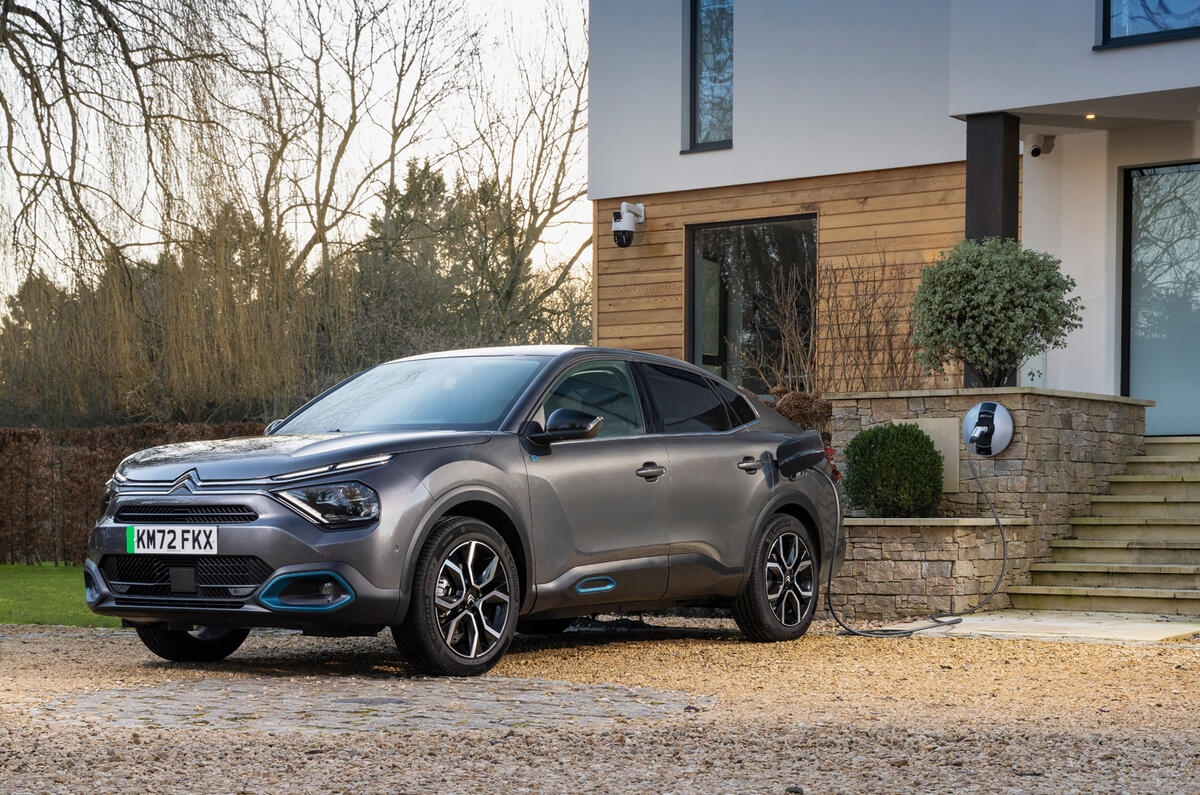Citroën’s new MD in the UK, Greg Taylor, has confirmed that the French brand will not be returning to the discounting business model that it used to operate.
Previously, the firm has been well known for offering heavy cut-price incentives across its models, but Taylor has told Autocar that this is not something he is looking to restart, even as supply levels return to the car market. Rather, he believes the income squeeze offers Citroën a chance to use its “value” legacy to encourage new customers to the firm.







Add your comment